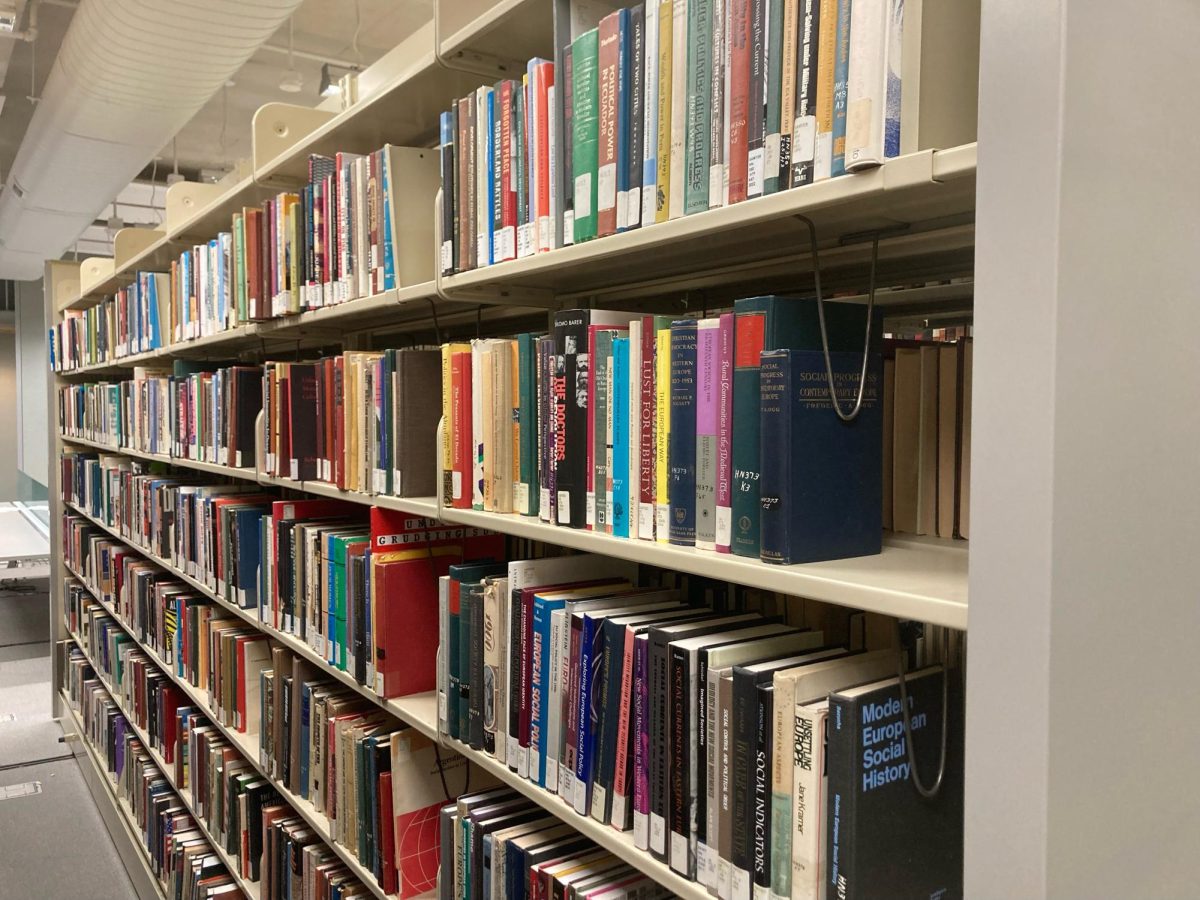College students and Town residents attended a celebration of banned books on Oct. 1 in Bronfman Auditorium.
Professors of English Karen Shepard and Jim Shepard hosted the event during Banned Books Week, a national annual event that runs from Oct. 1 to Oct. 7 this year. In 1982, the American Library Association instituted the week as “a response to a sudden surge in the number of challenges to books in libraries, bookstores, and schools,” according to the Banned Books Week website.
The presentation featured a lineup of authors and educators including Jamal Ahamad, Associate Dean for Sophomore Year Students Tamanika Terry Steward, Rebecca Tucker-Smith, Peggy Kern, Manuel Gonzales, former Professor of English Rowan Ricardo Phillips, and Susan Choi, all of whom read aloud passages from books that have been banned across the nation.
Secretary of the Williamstown Chapter of the League of Women Voters (LWV) Jane Nicholls, who played an integral role in the organization of the forum, said the LWV of Williamstown hosted a similar event over three decades ago. But in the years since, national censorship of literature has only increased, sparking the need for another reading, she said.
“This is just a way to celebrate how important [freedom of expression] is for authors,” she said. “Freedom of speech is the most basic freedom of all. If people can’t talk, they end up speechless.”
Sarah Foehl, a retail worker at Chapter Two Books on Spring Street who attended the event, voiced similar sentiments as Nicholls. As a bookstore employee, she emphasized the value of reading and writing freely. “It’s very important that we talk about this,” she said.
Jim and Karen Shepard opened the event by discussing the power that lies within reading and writing and emphasizing the importance of free speech. The only way to contradict the prohibition of literature is to speak up about it, Jim Shepard said.
Presenters then read aloud selections from The Bluest Eye by Toni Morrison, On Earth We’re Briefly Gorgeous by Ocean Vuong, and Blood in the Water: The Attica Prison Uprising and Its Legacy by Heather Ann Thompson.
Individual speakers chose these readings to highlight the broad assortment of titles that are targeted by national book bans and to reiterate the significance of having access to a variety of literature.
At the event, Tucker-Smith explained these books are tools for education on social justice issues, conversations of identity, and means to preserve history. Throughout their presentations, the speakers emphasized the heightened impact censorship will have on the communities whose collective identities are disproportionately restricted or banned from public use and consumption.
Ahamad, the assistant head of Pine Cobble School, stressed the importance of this concept when reading from the novel Dear Martin by Nic Stone. Ahamad explained that in the book, “the n-word is used to provide agency to those who normally lack power.”















